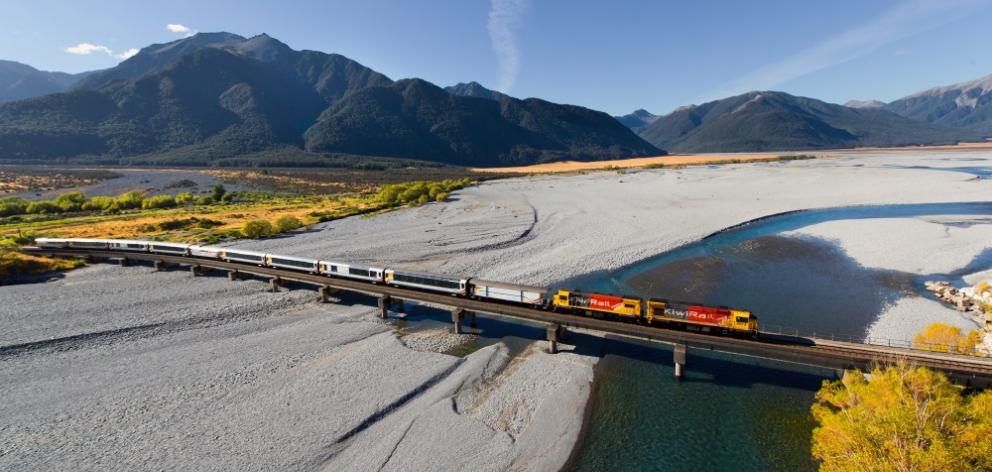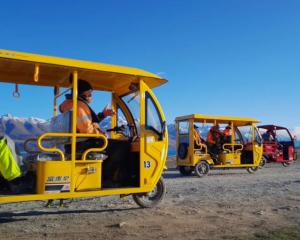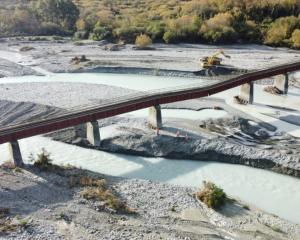
The group includes Development West Coast chief executive Heath Milne, Rob Jewel from Fox Glacier Guiding, Alexander Tschampel from the Scenic Hotel Group and the Department of Conservation and others.
Up to March 2019, the visitor industry was the largest contributor to West Coast GDP at $276 million, and the largest employer with 3750 staff.
However, the end of international tourism for now due to the coronavirus has left uncertainty over the resumption of the world-famous train between Christchurch and Greymouth.
"The Tranz Alpine is internationally recognised as one of the top 10 rail journeys in the world. While appreciating the fiscal responsibility and best practice corporate behaviour, the group asks you to consider the wider economic springboard this service provides to the West Coast economy," the group wrote to Mr Peters.
In 2019 the Tranz Alpine carried 110,000 visitors both in and out of Greymouth, 51,000 of those between June and December.
"In the summer months, 70% of passengers were international visitors, however, it should be noted that in the winter months the swing is the reverse, with domestic visitation being stronger."
One of the businesses under severe threat is the Greymouth i-SITE which employs eight staff and based at the Greymouth Railway Station.
The group says domestic travellers into Greymouth could reach 60,000. For a five-day visit, this would support 500 jobs.
"The group urges that in making a decision regarding the resumption of the Tranz Alpine service, the potential large number of job losses across the broader tourism industry be a key consideration."













